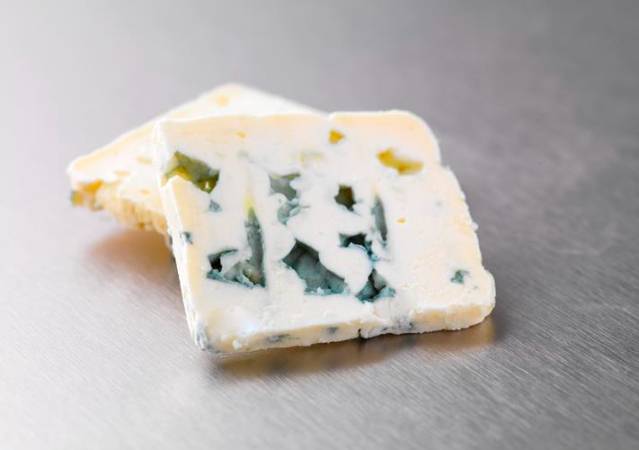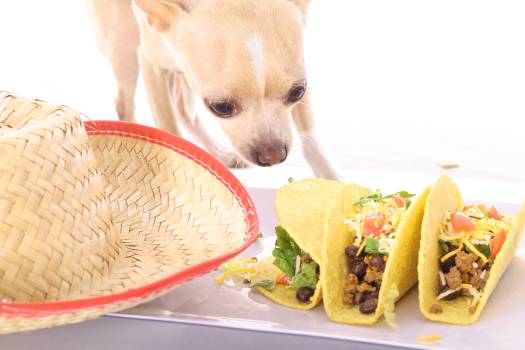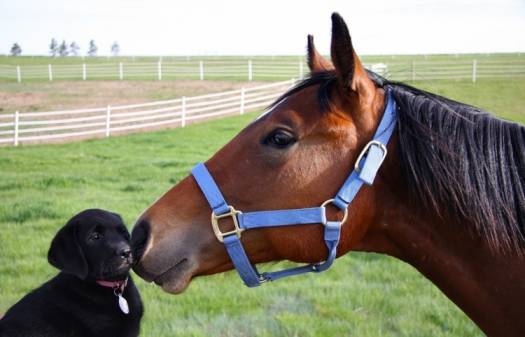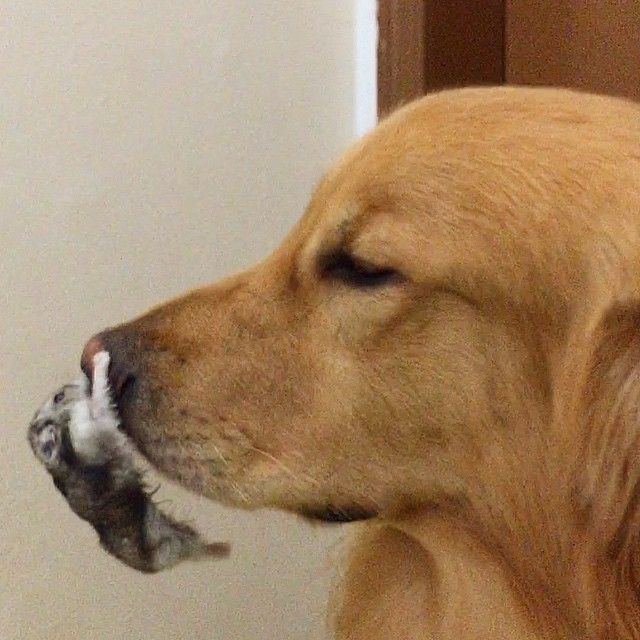Connect with a verified veterinarian in minutes. Licensed vets are available 24/7 to answer your questions. No need to worry about your furry family member.
Blue cheese is a favorite of many pet parents.
But is blue cheese dangerous for dogs? If your dog eats blue cheese, will he get sick?
What is Blue Cheese
Blue cheese is a dairy product that comes in a wide variety of flavors and textures. This type of cheese can be identified by the blue veins that run through the cheese. The blue veins are a type of mold, which is most often Penicillium roqueforti, which is a fungus used in cheese making.
The mold veins are created in the production stage of the cheese. During this process, small stainless-steel rods are poked into the cheese. This allows air to enter the cheese, which allows mold to grow. After this, the cheese is aged in a temperature-controlled environment. As the mold grows, it affects changes in the cheese’s flavor, smell, and more.
There are several types of blue cheese including Roquefort, Gorgonzola, Stilton, and even more. Blue cheese is considered to be very healthy for humans, but we need to be careful with it for our pets as it can cause problems for them.
Is Blue Cheese Safe for Dogs?
The answer is it depends. For one thing, dogs shouldn’t eat too much salt, so blue cheese should never be given to your dog in large amounts. As a treat once in a while, your dog will be OK.it may be tolerated by your dog, but there are much safer treats than blue cheese that are available for your dog.
Many dogs can be lactose intolerant and/or have a dairy allergy, so blue cheese is not recommended for them.. In general, it is not recommended to give any dogs dairy products as it can cause tummy upset (gastroenteritis) including vomiting and diarrhea.
Another potential problem with feeding blue cheese is that some blue cheeses can go bad and create a toxic (poisonous) substance called Roquefortine C. It usually develops in cheese that has gone bad or is past its use-by-date. Dogs often get into the trash bin and eat the gone-off cheese, and it can make them very sick.

Review symptoms, medications & behavior to keep your pets healthy with a Vet Online in just minutes.
Ask a Vet Live NowMy Dog Ate Blue Cheese, What Should I Do?
It’s possible that your fur baby could help himself to a plate of blue cheese or find some of this cheese in the trash and eat it. We understand it can be scary when your dog eats something like this. However, it’s important to remain calm and deal with the situation in a logical manner.
The first thing you want to do is to determine how much cheese your dog may have eaten. If it seems to be a small amount, you may monitor your dog to see if he develops any symptoms. If he does develop symptoms, such as diarrhea, vomiting, and nausea, it’s best to call the vet right away.
But what if your dog’s eaten a huge chunk of blue cheese? In that case, it’s best to call the vet immediately.
What Happens When Dogs Eat Blue Cheese
Like cottage cheese, cream cheese or goat cheese, blue cheese contains a lot of fat. Pancreatitis can appear when a dog’s diet has been composed of a high amount of human foods especially cheese. Diarrhea and vomiting are common after a dog has eaten too much cheese. This is because the fat content can upset their tummy (digestive system) and cause irritation of their pancreas (an organ in the digestive system). These issues can make your furry friend feel very unwell and it is recommended to contact your veterinarian for individual advice for them..
Pet parents should restrict feeding high fat foods like cheese to very small quantities. Ideally give their fur babies healthy dog specific treats instead.
Symptoms of Roquefortine C Poisoning in Dogs
You may notice these symptoms of Roquefortine C poisoning in your dog if he’s eaten spoiled blue cheese:
- Vomiting
- Diarrhea
- Restlessness
- Disorientation
- Tremors
- Seizures
- High fever
- Abdominal pain
If you know or suspect your dog has eaten spoiled blue cheese, then call the vet immediately. Dogs eating spoiled blue cheese can be very harmful and your veterinarian may recommend you bring your pet in for an examination and possible treatment plan.
Can My Dog Eat a Small Piece of Blue Cheese?
If your dog does not have an allergy to dairy or dairy intolerance, it may be OK to give him a very small piece of blue cheese as a once-in-a-while snack.
However, if your dog develops symptoms after beating blue cheese, he should not be allowed to eat this cheese.
In general, pets tend to respond well to medical treatment, but it is important to contact your vet if you have a suspicion that your pet may have eaten spoiled blue cheese. If they have recently eaten it (usually within 12 hours of eating it), they may recommend a consult to make your dog vomit up the cheese, and possibly some other medical treatment depending on your pet’s individual case.
What are the Safest Cheeses for Dogs?
Dogs can safely eat the following types of cheese:
- Cottage cheese
- Cheddar
- Mozzarella
- Soft goat cheese
But like blue cheese, your dog should only have these as a treat once in a great while. That’s because of the high-fat content found in many types of cheese.
Connect with a verified veterinarian in minutes. Licensed vets are available 24/7 to answer your questions. No need to worry about your furry family member.

Evie Moloney, RCVS
This article has been reviewed and approved by an independent Veterinarian: Evie is a vet surgeon who graduated from the University College Dublin, which is the only university offering the veterinary medicine degree in Ireland. She really enjoys surgery and has also worked as an emergency and critical care vet. She is passionate about sharing education about preventative health care for pets, especially the importance of regular dog and cat teeth brushing at home. She also enjoys helping owners find practical solutions for keeping pets as comfortable as possible while living with conditions such as arthritis. When not working, she enjoys hiking and swimming.
Review symptoms, medications & behavior to keep your pets healthy with a Vet Online in just minutes.
Ask a Vet Live Now






